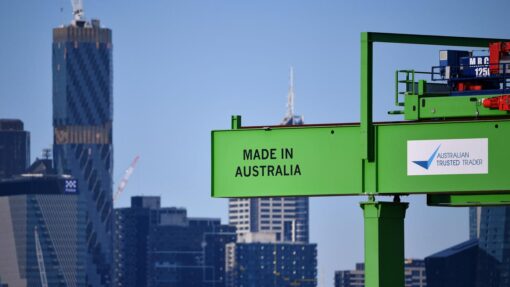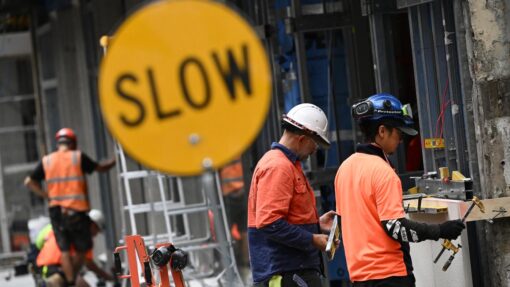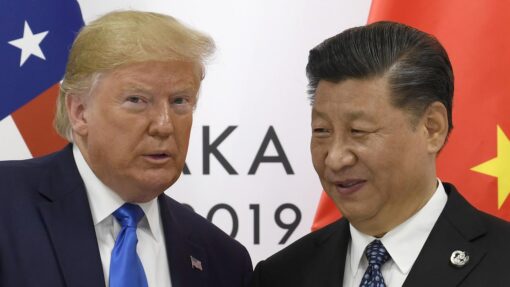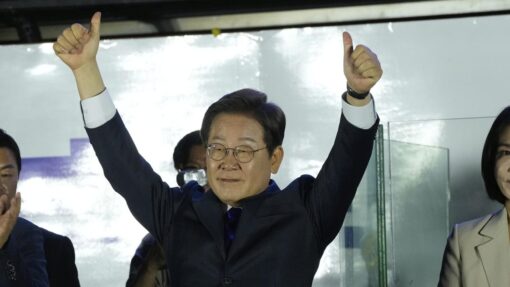Australian optimism tempered over Chinese stimulus
Dominic Giannini and Andrew Brown |

Massive economic stimulus to prop up China’s flailing economy is being welcomed but there are warnings Australia won’t immediately realise the flow-on effects.
Weak Chinese growth is a major concern for Australia’s bottom line and another round of feeble manufacturing data has reinforced Treasury predictions the next three years will be the worst since the Asian superpower opened up its economy in the 1970s.
Treasurer Jim Chalmers welcomed the moves by Australia’s largest trade partner to cut key interest rates and prop up property and equity markets but warned about jumping the gun on what this means locally.

“We need to be careful about over-assuming its impact on (our own) budget in the near term,” he told reporters in Canberra upon his return from Beijing.
While the price of iron ore – Australia’s leading resource export – has increased since the stimulus announcement, it was down significantly from the start of the year and has dipped below Treasury forecasted prices at times.
The Chinese government has an annual growth target of five per cent but it grew 4.7 per cent in the June quarter.
Consumption and the nation’s property sector had been an issue, Dr Chalmers said.
He was the first treasurer in seven years to visit China, which he said was critical to restoring ties after years of diplomatic tensions.
Moody’s Analytics economist Harry Murphy Cruise said Australia’s relationship with China was reaching a high point.
“Australia is an outlier in that the relationship with China is improving and both countries can see that,” he told AAP.
“They are better than they have been for a long time, there has been a gradual process with some of the previous restrictions being removed and that relationship looks like it’s being strengthened.”
While trade restrictions remained on Australian lobster, Mr Cruise said he was confident they would be lifted.
“The sentiment is still that those restrictions will be removed by the end of the year but hopefully sooner,” he said.

Knocked-back foreign investment has been a major sticking point for China but Dr Chalmers said no specific cases were raised with him during his time in Beijing.
He said more than 90 per cent of foreign investment bids from China had been approved, rejecting criticism a government board that reviews national security concerns over foreign investment was skewed towards a particular nation.
“If you look at the ones that haven’t been approved, they haven’t all come from one place,” the treasurer said.
The non-discriminatory regime spanned areas such as critical minerals, technology, data and infrastructure, he said.
“It’s a case-by-case analysis of risk,” he said, adding he had provided China with clarity about how the investment review board operates.
It comes as Nationals MP Barnaby Joyce reiterated concerns about Chinese-made electric vehicles.
The US government said it had planned to ban some technology in electric vehicles made in China over fears it could be used for spying or data collection.
While Mr Joyce did not call for a ban, he said precautions were needed.
“A malevolent force has capacity to turn on your computer, turn on your camera, watch you working away, go into your phone, and of course, they can do that,” he told Seven’s Sunrise program.
“They can also go into your car.”
Environment Minister Tanya Plibersek said security agencies had been looking at the issue “for some time”.
AAP


